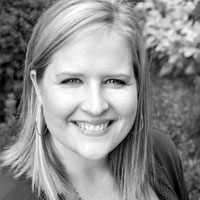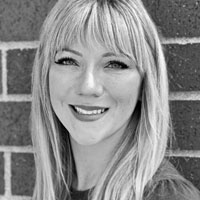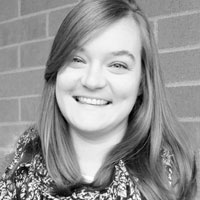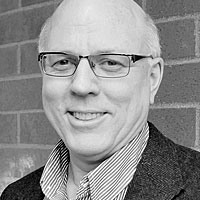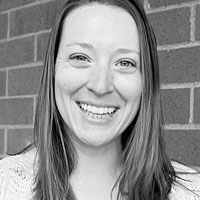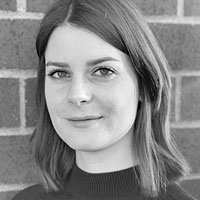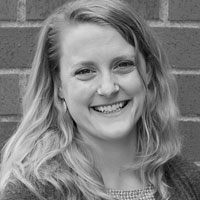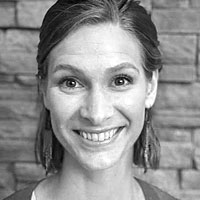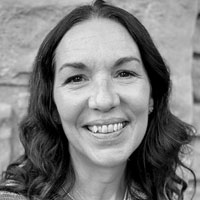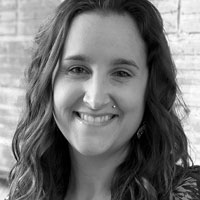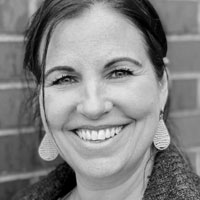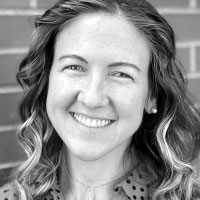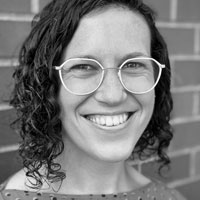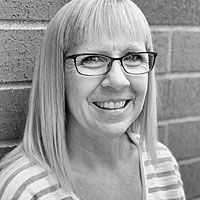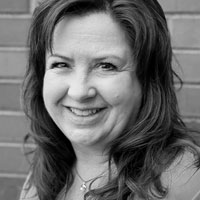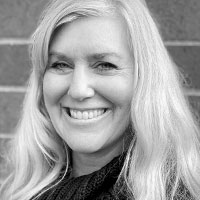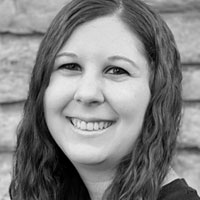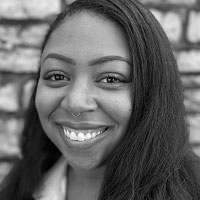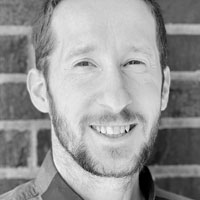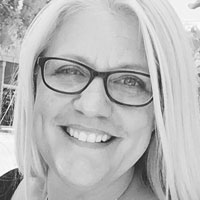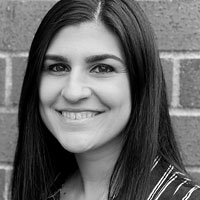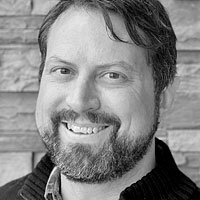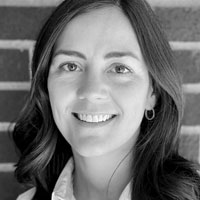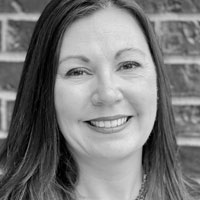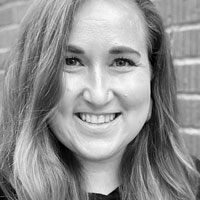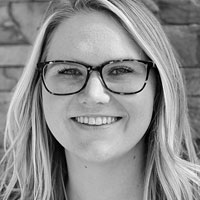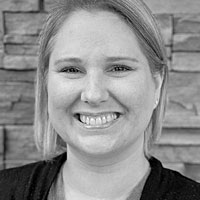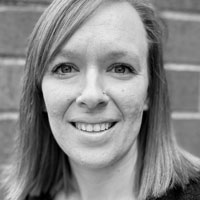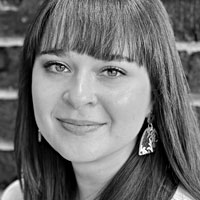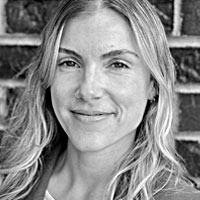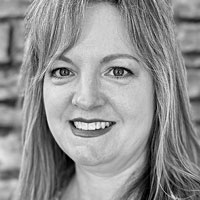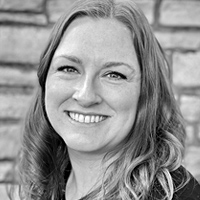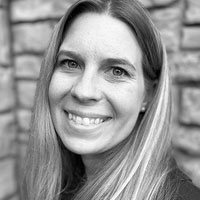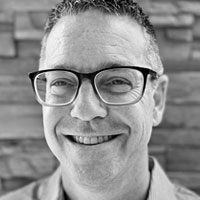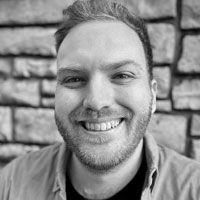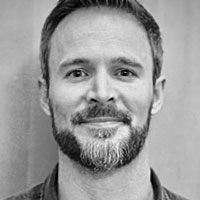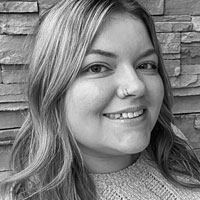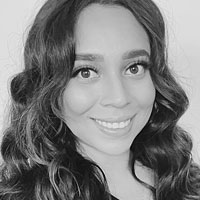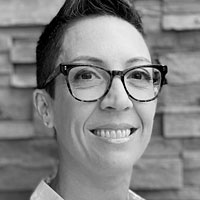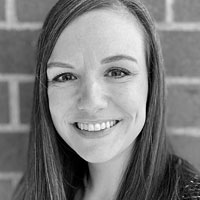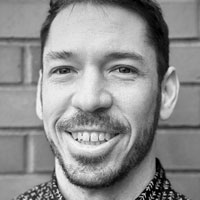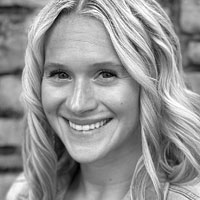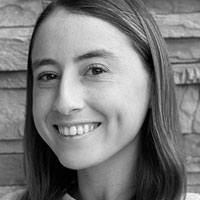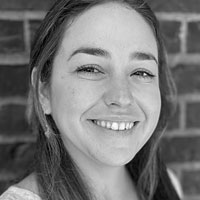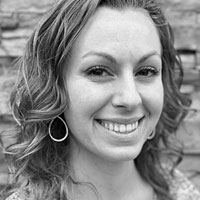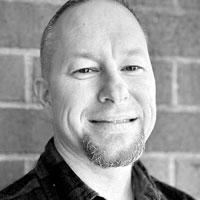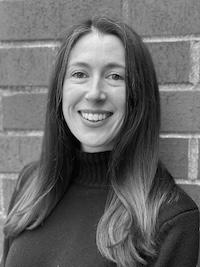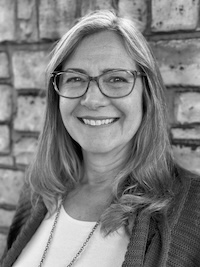Brian Allred, LMHC
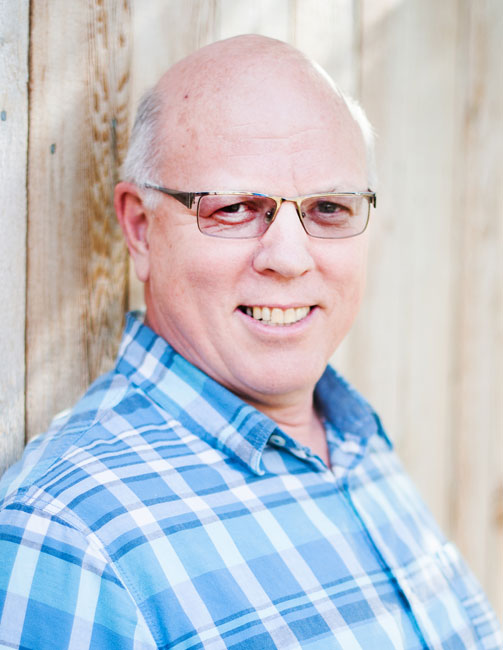
Brian Allred’s Therapist Disclosure Statement <<< (Clickable)
I come to Refresh Therapy after working for over three years as a counselor in private practice. I got my Masters of Science in Clinical Mental Health Counseling at Portland State University. I have been married for 38 years learning much during the ups and downs of building a successful relationship. I have six grown daughters. My family experiences have increased my empathy and understanding of family and couple relations, which aids my therapy with the many couples I counsel.
I have been a group leader for addiction recovery groups, worked as a House Manager at Lifeline, LLC an addiction recovery agency and have counseled many suffering from substance and process addictions in private practice. I enjoy nature, sports, movies and my family. I have been volunteering and helping with youth groups for many years.
Specialties and areas of focus
- Adults
- Couples
- Teens (16+)
- Relational issues
- Life transitions/crisis
- Depression
- Anxiety
- Self-esteem
- Addictions
- Trauma
Q&A with Brian
I am grateful for the opportunity to work as a counselor. This is my third career and glad I finally made it to what “I was meant to do” in my life. I have been an entrepreneur through much of my life and like the variety it provided. Therapy also provides a lot of variety and I enjoy all the people I have had the pleasure to work with and come to know. I am the father of six daughters and have been married for 38 years so I learned to listen . . . which of course comes in handy in this profession.
1.) Some therapists are more comfortable addressing the immediate problem, while others want to focus on the deeper issue. Which are you?
I believe addressing both the immediate problems and understanding the deeper issues are critical to counseling. Once the client has had an opportunity to share what is happening in the moment I will seek to understand how their life experience has influenced them such as trauma, disabilities and their family dynamics. Once presented, the persons history is very helpful to understand what is happening in the moment and we have a mutual understanding of what influences their current thoughts, emotions and behaviors. Thereafter, I like to focus on the immediate problems which I believe is the only thing we can change and have power over. I have found this pattern to be very successful and hopeful.
2.) Do you tend to lead the session, or follow my lead?
I actively ask questions and give input; however, I have learned the client is their own best expert and I follow their lead as they explore their thoughts, emotions and behaviors. In a session the client and I are partners on this journey and at times I give input and so does the client as we seek together the path toward needed change or healing. I help when things are difficult or problems are hard to bare.
3.) What are your strengths as a therapist?
My strengths include compassion for all suffering and struggles. I enjoy being in the room with the brave individuals, couples and families who come to seek change and healing in their lives. I regularly self-evaluate to make sure my counseling techniques are the most helpful they can be. However, the most important is that I like to create a safe place for each person who comes to therapy.
4.) If you had one superpower, what would it be and why?
The one superpower I would like to have would be to the ability to bestow power to others. Along with this super power I could give people the ability to accept and understand this power they have. I would give each person the power that would best fit their personalities and desires. I would only give powers which would enable them to help themselves and others.
5.) What makes you laugh?
I laugh hardest when I see someone surprised. I like to surprise people. I have found that most people are annoyed by this so I have had to back off. When I was a kid I liked candid camera and laughed at almost all the skits when people were surprised at the tricks they played. However, no tricks or surprises during therapy, I promise.
6.) Who would you have dinner with, dead or alive?
I would love to have dinner with my grandmother who was paralyzed on one side for thirty years, due to a stroke. She was always so kind to me and I could tell she loved me deeply. I think of her often and remember how good I felt when I was around her. I would love to be around her again. Dinner would be the beginning.



